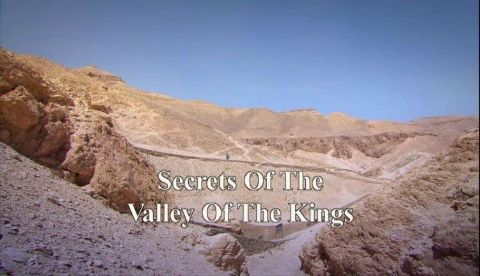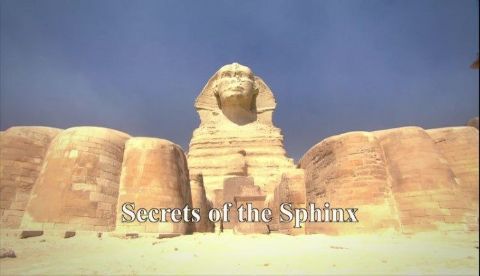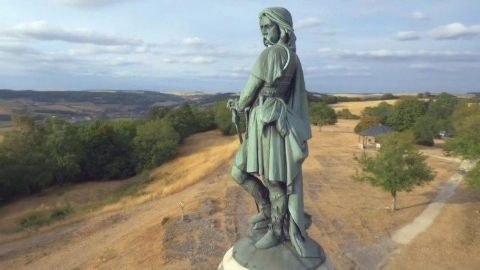The Scorpion King • 2008 • episode "Part 6" • Egypt Unwrapped
The Scorpion King was a mythical Egyptian ruler who predated the pharaohs. Recent developments, such as the excavation of the king's tomb, have revealed surprising new details about early Egyptian civilization. This program details the continuing research into the earliest period of Egyptian history that was inspired originally by discoveries such as the Narmer palette and the Scorpion mace head. The combined efforts of a number of archaeologists have pushed the boundaries of Egyptian civilization back into a period previously considered prehistoric. As a result some of the most fundamental beliefs about Egyptian civilization require a re-think. Is there more behind the mythical and violent leader known simply as the Scorpion King? New evidence suggests that his achievements may have layed the foundations of Egypt. Learn more about the king who likely united ancient Egypt, organized the world's earliest phonetic writing system, and inspired the creation of the pyramids.
Make a donation
Buy a brother a hot coffee? Or a cold beer?
Hope you're finding these documentaries fascinating and eye-opening. It's just me, working hard behind the scenes to bring you this enriching content.
Running and maintaining a website like this takes time and resources. That's why I'm reaching out to you. If you appreciate what I do and would like to support my efforts, would you consider "buying me a coffee"?
Donation addresses
BTC: bc1q8ldskxh4x9qnddhcrgcun8rtvddeldm2a07r2v
ETH: 0x5CCAAA1afc5c5D814129d99277dDb5A979672116
With your donation through , you can show your appreciation and help me keep this project going. Every contribution, no matter how small, makes a significant impact. It goes directly towards covering server costs.










